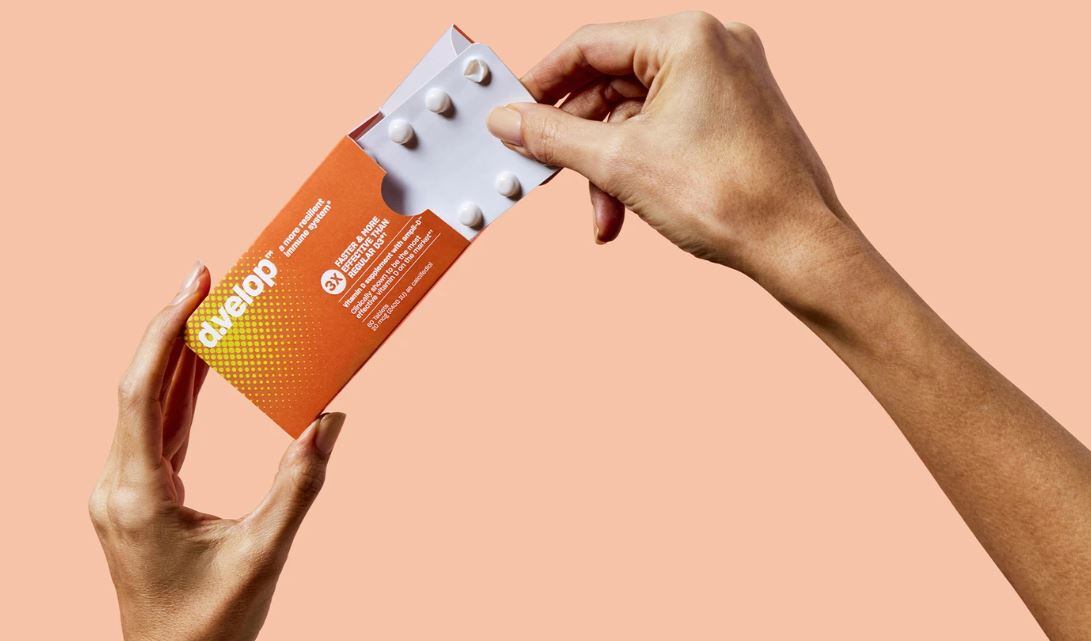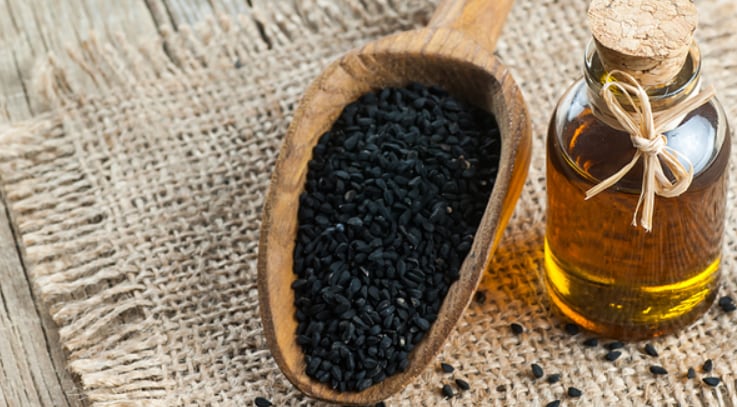The findings showed that fasting plasma glucose decreased by 0.14 mmol/L after five weeks’ consumption of sea buckthorn (90mL/day), and was found to increase by 0.07 mmol/L in the placebo group.
Sea buckthorn has been studied in animal and human trials for its hypoglycemic potential especially in reducing fasting plasma glucose.
However, most of the human studies were conducted in overweight or obese subjects, and its effects on glucose in people with impaired glucose regulation (IGR) or prediabetes were still unclear.
In addition, most of these studies were conducted in Europe using European sea buckthorn berries.
China has a high prevalence of prediabetes, where 35% of the population was reported in the nationally representative cross-sectional survey in 2017.
Traditionally, sea buckthorn has been used in China for edible or medicinal use. “Five of the nine subspecies of sea buckthorn are distributed in China, which suggests great research potential,” researchers wrote in the Foods journal.
This study was funded by National Natural Science Foundation of China and assessed the effects of sea buckthorn grown in China on glycaemia indicators in prediabetes.
Methodology
This randomised, double-blinded, two-way crossover study recruited 38 people aged 50 to 70 years with impaired glucose regulation (6.1 mmol/L ≤ fasting plasma glucose < 7.0 mmol/L) from new media and recruitment notices in Beijing, China.
Subjects were divided into two groups.
The first group consumed sea buckthorn fruit puree for five weeks, washing out for four weeks, and then drinking placebo for another five weeks.
The order for the second group was reversed, going through the placebo intervention first, wash out, followed by sea buckthorn.
The test product contained sea buckthorn fruit (95.7%) and sweeteners and thickeners.
The placebo product was mostly made up of water (90%), sweeteners, thickeners, and sea-buckthorn spices and colourants.
Both products (90mL/day) should be taken with three meals. They were produced by the Highland Holy Fruit Company Limited.
There were four visits on day 0, day 35, day 63 and day 98.
During the visits, blood samples were collected to analyse fasting plasma glucose (FPG) and glycated serum protein (GSP) levels.
Decreases blood glucose
Findings from the study showed that fasting plasma glucose in subjects with prediabetes decreased by a median reduction of 0.14 mmol/L after five weeks’ consumption of sea buckthorn, but increased by a median of 0.07 mmol/L after placebo intervention, and the comparison of these two interventions was statistically significant (p = 0.045).
During the wash-out period, fasting plasma glucose decreased by a median reduction of 0.29 mmol/L in the group receiving sea buckthorn treatment first, and instead increased by a median of 0.10 mmol/L in the other group. The continued decline of fasting plasma glucose may suggest long-term effects of sea buckthorn, and the effect between the two groups was also significant (p = 0.043).
For glycated serum protein levels, there was no significant difference between the two interventions.
This study showed that consumption of 90 mL of sea buckthorn for 35 days led to a decrease in fasting plasma glucose in prediabetics, but did not affect glycated serum protein levels.
Sea buckthorn is a rich source of fat-soluble vitamins such as A, E, K and flavonoids including quercetin, kaempferol, isorhamnetin, and myricetin.
In particular, flavonoids have been shown to exhibit hypoglycaemic activities through reducing glucose absorption, enhancing insulin secretion and sensitivity, and regulating hepatic glucose output.
“In addition, sea buckthorn may also play a role in regulating neuroendocrine, immune, antioxidant, and anti-inflammatory functions, which might contribute to the control of blood glucose,” researchers wrote.
Sea buckthorn may thus be a potential candidate for prediabetes, preventing its subsequent conversion to diabetes, but further studies can be conducted.
Future studies can examine the long-term effects of sea buckthorn, and study the progression of prediabetes to diabetes.
Source: Foods
https://doi.org/10.3390/foods10040804
“Effect of Sea Buckthorn on Plasma Glucose in Individuals with Impaired Glucose Regulation: A Two-Stage Randomized Crossover Intervention Study”
Authors: Zhongxia Ren, et al.




